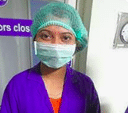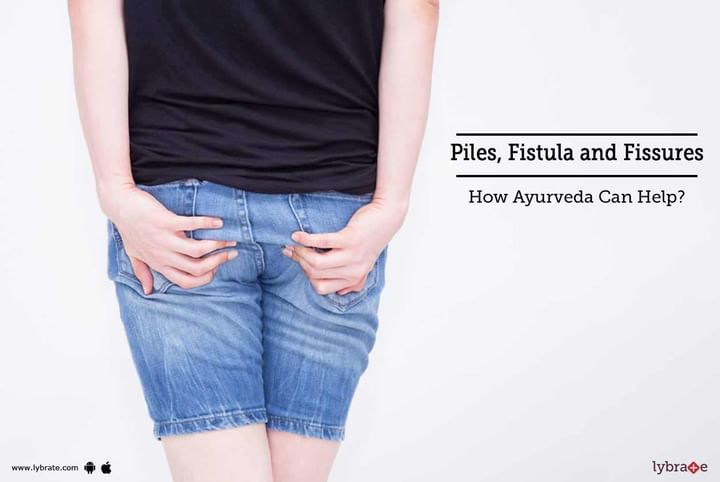Piles, Fistula and Fissures - How Ayurveda Can Help?
Piles, fistula and fissures are the most common problems affecting the rectum and the anus. Both the rectum as well as the anus has a very rich vascular supply. There could be swelling of these blood vessels or tearing which can lead to the above conditions. Read on to know additional details about each of these conditions.
Piles: In simple words, swollen blood vessels of the anal region are called piles. It can be internal or external, depending on how far it is from the anal canal. If it is located farther inside the anal canal, it is called internal piles.
Causes:
- Chronic constipation, where the person has to strain to pass stools
- Smoking and genetics can also lead to piles.
Symptoms: Starts off as painless bleeding, which happens in drops after bowel movement; the swelling happens much later. They can continue to grow and develop blood clots.
Treatment:
- In the early stages, once identified, simple topical medications for symptom relief are sufficient.
- Diet should be rich in fiber, with fruits and vegetables
- Increased water consumption
- Surgery if the disease has reached the stage of blood clots
- Prevention is advised if there is a family history by consuming a fiber-rich diet and maintaining hydration
Fistula: When an infected anal gland bursts into the anal canal, it constantly discharges pus into the anal canal and becomes a fistula. Hygienic toilet habits can help in preventing fistulas.
Symptoms:
- A constant wet feeling in the anal area, due to pus discharge.
- This would be intermittent, and there would be periods with no discharge.
- There could be a foul smell due to pus discharge.
Diagnosis and Treatment:
- Identifying the exact location is important as surgery may be required.
- An ultrasound scan or an MRI is usually done.
- Newer techniques like Video Assisted Anal Fistula Treatment (VAAFT) are used. This locates the piles accurately and uses electric current to seal it with staples and surgical glue.
- Conventional surgery is also used for economic or accessibility reasons.
- Fissures: These cracks anywhere in the length of the anal canal are extremely common.
Symptoms
- Very painful and the person may not want to go to the toilet
- Rarely bleeding is also seen, maybe in very small amounts
Treatment:
- Over 90% of the fissures do not require surgery
- Switching to a high-fiber diet and improving hydration will help in managing these symptoms.
- Topical relief can be provided by medications.
- When they are recurrent, a procedure known as lateral sphincterotomy is done. This is an outpatient procedure and provides immediate relief.
Though one condition can lead to another, in most people, there is a strong genetic component, and working towards prevention is highly recommended.



+1.svg)
